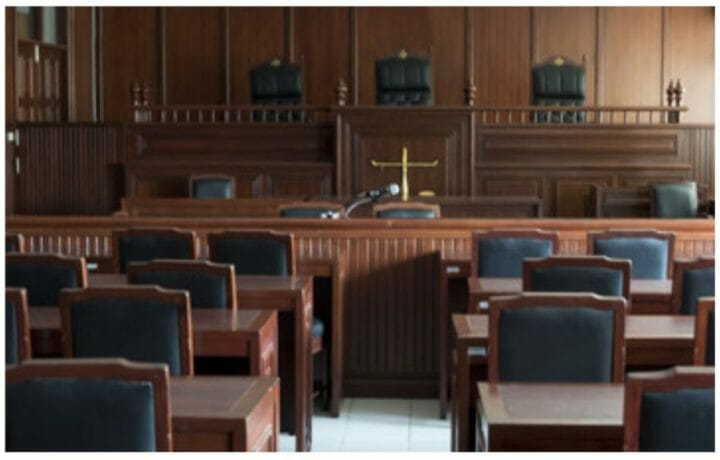The background investigation is the keystone to individuals being granted a national security clearance. Michelle Layton was employed as a Special Agent of the Office of Personnel Management assigned to the National Background Investigations Bureau, now the Defense Counterintelligence Security Agency. On January 19, she was sentenced to three years of probation, ordered to pay $101,344 in restitution, and 200 hours of community service for “falsifying reports of investigation she submitted as part of background investigations of Individuals seeking national security clearances”, according to the Department of Justice.
Layton’s falsified work was forwarded to those conducting the national security clearance adjudication and resulted in individuals being granted clearances as high as Top Secret/Sensitive Compartmented Information (TS-SCI) based on the falsified reports. Each case for which Layton conducted a background investigation had to be reopened and reworked.
How was Layton detected?
According to the affidavit submitted by Philip W. Kroop, Inspector General of DCSA in support of the government’s sentencing memorandum, Layton was detected when the quality assurance program sent “re-contact letters to inquire about their experience of being interviewed by the background investigator for the reported background investigation” resulted in multiple individuals responding that they had never spoken with Layton.
Upon receipt of the first report of lack of contact, indicative of a falsification by an investigator of a “report of investigation,” an investigation was opened on Layton in April 2019 and concluded in July 2019. The investigation involved reviewing 185 of Layton’s background investigation cases and re-contacting the sources for each of those cases. In other words, reworking the background investigations conducted by Layton. The $101,344 is the cost of the government’s recovery effort of labor and travel costs to redo Layton’s work.
In doing so, the effort found that 34% of her cases were questionable (397 sources, of which 17 contained confirmed falsifications and 117 contained indicators of falsifications or testimony from sources which could not be verified).
When the investigation opened, Layton was “removed from investigative duties and conducted supervised administrative work” from April 2019 through November 2019. In November 2019 through May 2021, she as placed on paid administrative leave and then unpaid leave from May 2021 through November 5, 2021, the date of her resignation, as required as part of her plea agreement.
Layton’s plea deal
Layton was offered a plea deal in November 2021 which offered to her the dropping of more than 20 of the original counts in exchange for her pleading guilty to a single count of falsifying information.
The government recommended against a “sentence of probation for this Defendant, who engaged in a long-term deliberate pattern of falsification and then waited until the brink of trial to accept responsibility – it appears in part, to continue collecting a federal paycheck while she was on administrative paid leave.”
Layton is not the first sketchy background investigator
As part of the corpus of documents in support of the government’s sentencing memorandum was included a list of 30 cases of individuals who had committed the same crime of falsifying reports of investigations brought to court over the previous 14 years involving more than 4,000 separate background investigation cases and more than 13,500 source interviews, costing the government in excess of $2.5 million.
Given the above, it is clear that DCSA’s efforts to assure the integrity of the reports of investigations has great value. It is perhaps for this reason, DCSA arranged to secure Layton’s cooperation as part of the plea deal to meet with members of the DCSA “for a recorded interview about your client’s background and decision to falsify background investigation reports, and your client agrees that such recorded interview may be disseminated by DCSA personnel in order to prevent falsifications such as your client’s in the future.” Based on the particular wording, one may assume that the recorded interview will be used as part of the training program for both future background investigators and for those charged with ensuring the integrity of the background investigation program.




